The Role of AI in Digital Marketing: What's Next?
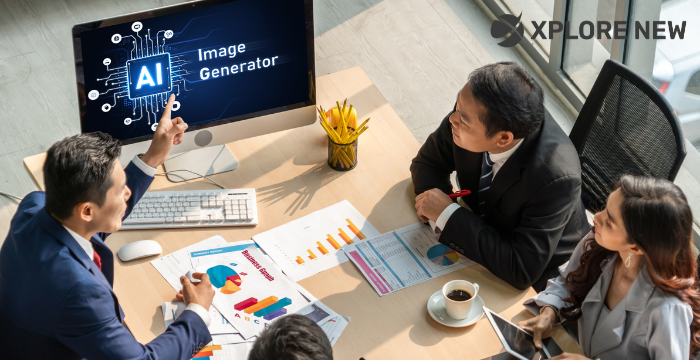
Artificial Intelligence (AI) is revolutionizing digital marketing, transforming how businesses interact with customers, optimize campaigns, and make decisions. As AI technologies continue to evolve, the future of digital marketing is becoming more intelligent, personalized, and efficient. In this blog, we will explore the current role of AI in digital marketing and what lies ahead for businesses looking to stay ahead of the competition.
1. Personalization at Scale
AI is enabling personalized marketing at a level never seen before. Through data analysis, AI can understand user behavior, preferences, and patterns, allowing marketers to deliver highly personalized content, product recommendations, and ads. Tools like predictive analytics and machine learning algorithms enable businesses to anticipate customer needs and deliver tailored experiences.
What’s Next? In the future, AI will take personalization even further by offering real-time customization across all digital touchpoints. Whether a customer is browsing a website, scrolling through social media, or opening an email, AI will help create a seamless and hyper-personalized experience that adapts instantly to user behavior.
2. Automated Campaign Management
AI-powered tools are streamlining campaign management by automating time-consuming tasks such as audience segmentation, ad bidding, and performance optimization. Platforms like Google Ads and Facebook Ads already use AI to automatically adjust campaigns for better performance based on real-time data.
What’s Next? The next phase of AI in digital marketing will involve fully autonomous marketing systems capable of managing entire campaigns from start to finish. AI will continuously optimize budgets, test ad variations, and adjust targeting without the need for human intervention, allowing marketers to focus more on strategy and creative aspects.
3. AI-Powered Content Creation
AI is already helping marketers create content faster and more efficiently. Tools like ChatGPT and Jasper AI are generating blog posts, social media updates, and product descriptions in minutes. While AI-generated content is improving, human oversight is still essential to ensure quality and creativity.
What’s Next? As AI becomes more sophisticated, content creation tools will be able to produce more complex, human-like content. In the future, AI could handle advanced tasks like generating long-form articles, creating video scripts, and even designing visual content, all while maintaining brand consistency and tone.
4. Enhanced Customer Support with AI Chatbots
AI chatbots are transforming customer service by offering round-the-clock, immediate assistance. They can handle common queries, provide product recommendations, and guide users through the purchasing process. This not only enhances the customer experience but also reduces the workload for human support teams.
What’s Next? AI chatbots are expected to become even more intelligent and emotionally responsive in the future. These advanced bots will be able to understand complex customer emotions, provide empathetic responses, and resolve issues with minimal human intervention, making customer support faster and more efficient.
5. AI and Predictive Analytics
Predictive analytics, powered by AI, is helping businesses make data-driven decisions by forecasting customer behavior and trends. Marketers can use these insights to improve customer retention, increase conversions, and identify potential leads.
What’s Next? As AI algorithms improve, predictive analytics will become even more accurate and actionable. Businesses will be able to anticipate market shifts, predict product demand, and optimize pricing strategies in real time, giving them a competitive edge.
6. Voice Search Optimization
AI-driven voice assistants like Siri, Alexa, and Google Assistant are changing the way people search for information. Voice search is becoming increasingly popular, and marketers are optimizing their content to align with how people speak rather than type.
What’s Next? Voice search optimization will continue to evolve, with AI helping businesses create conversational content that matches natural language queries. Marketers will need to focus on optimizing for voice search as more consumers use voice assistants to make purchasing decisions.
7. AI in Social Media Marketing
Social media platforms are leveraging AI to analyze user behavior, recommend content, and target ads. AI-driven algorithms ensure that content reaches the right audience, increasing engagement and conversion rates.
What’s Next? In the future, AI will play a more prominent role in shaping social media strategies. It will offer predictive insights into trending topics, automate influencer marketing, and suggest the best times to post for maximum visibility.
Conclusion
AI is reshaping the digital marketing landscape, providing businesses with powerful tools to enhance personalization, automate campaigns, and improve customer experiences. As AI continues to advance, marketers must stay informed about the latest trends and technologies to remain competitive.
The future of digital marketing lies in fully integrated AI systems that will revolutionize how businesses interact with customers, create content, and optimize strategies. Those who embrace these innovations today will be the leaders of tomorrow.
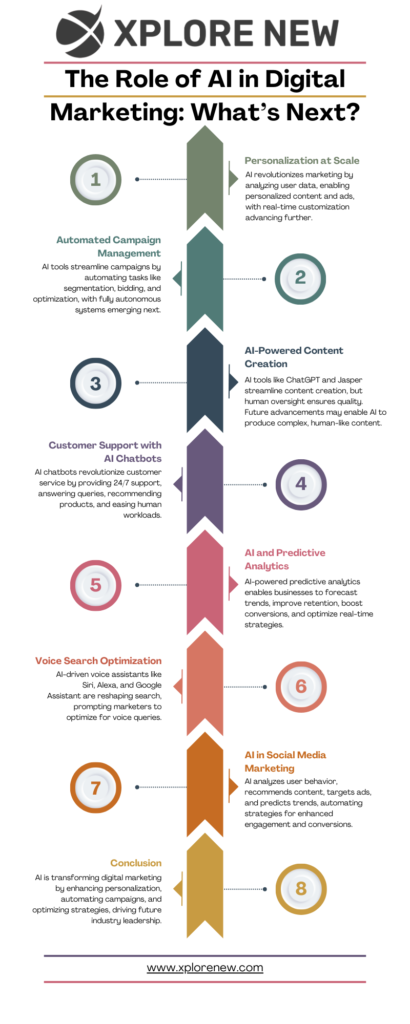
More from our blog
See all postsRecent Posts
- MVP Development Guide: Launch Your Startup Product in 90 Days February 12, 2026
- How to Build a SaaS Product from Idea to Launch in 2026 (Step-by-Step Guide) February 12, 2026
- Influencer Marketing Trends to Know in 2025 January 9, 2025


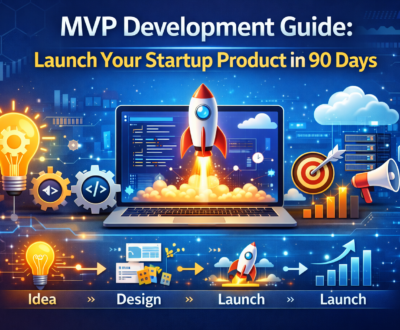
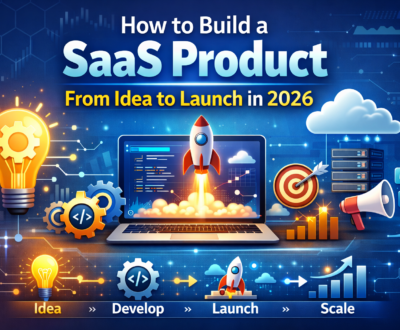
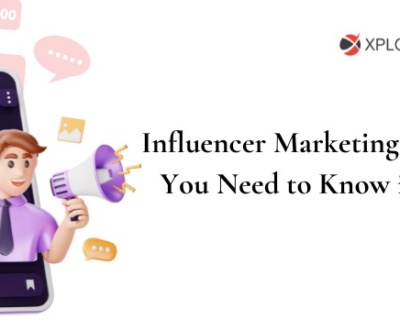
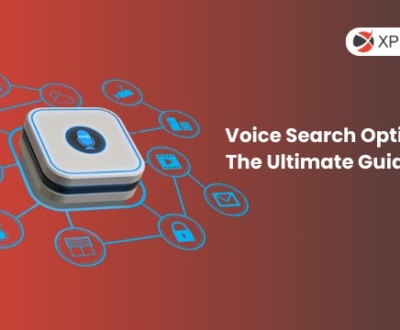

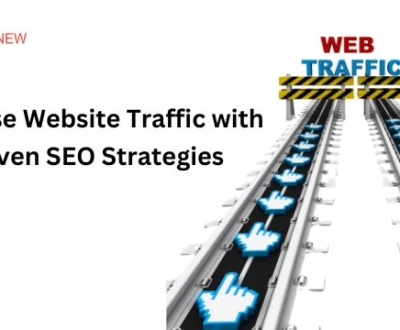
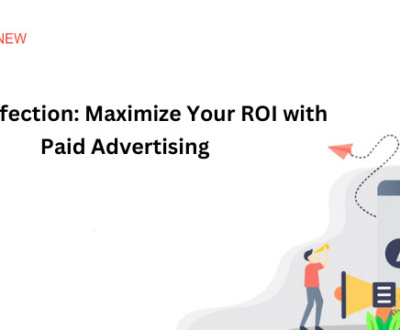
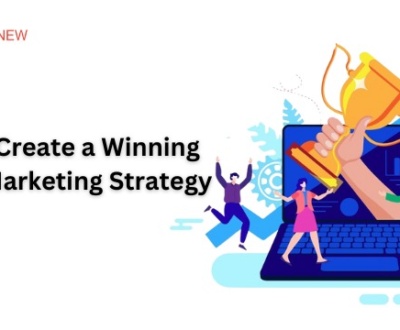

 by XploreNew
by XploreNew